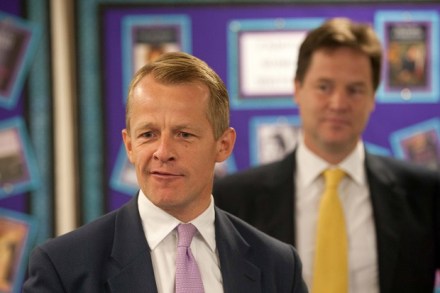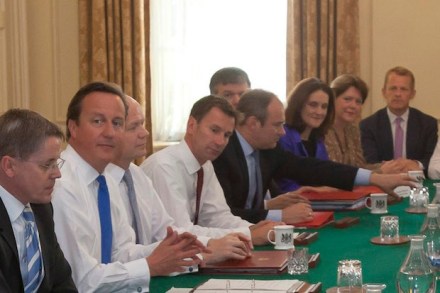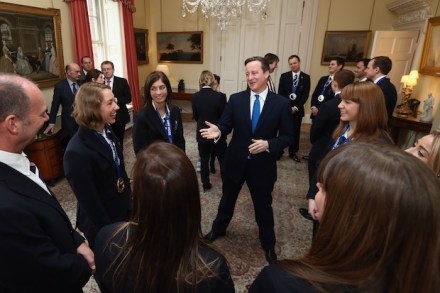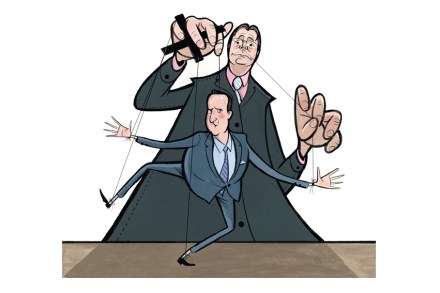Drugs Live drama: Channel 4 vs Home Office
So far Channel 4’s Drugs Live series has examined the effects of ecstasy while next month’s installment will look into cannabis use. However, for those wondering which illicit substance will be next, the programme’s host Dr Christian Jessen is unsure about the show’s future. Speaking to Mr Steerpike at The Second Best Exotic Marigold Hotel premiere in Leicester Square, Jessen confessed that getting permission from the Home Office for each programme is proving a hard task. ‘We’re slightly limited by whether we can get the Home Office to give us permission because obviously these drugs are illegal so doing experiments on them requires all these complicated licenses. They’re really difficult. I’d like to do something like mushrooms next but it































